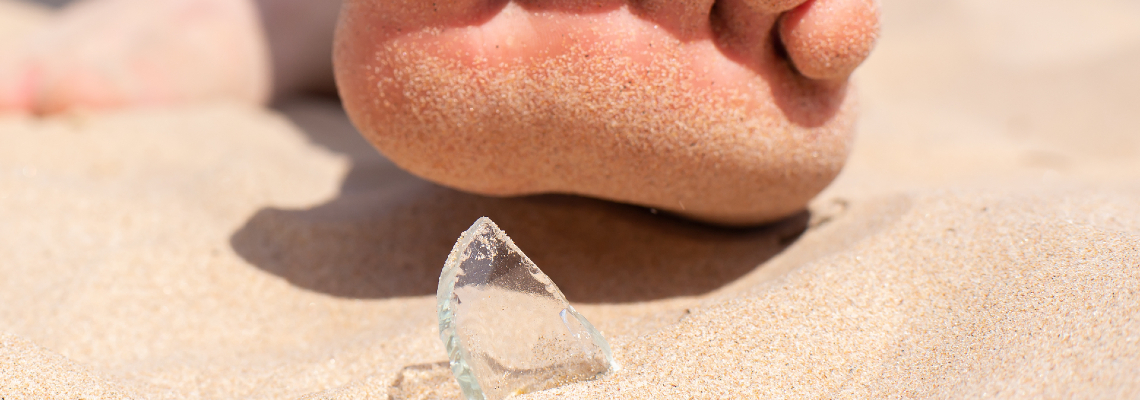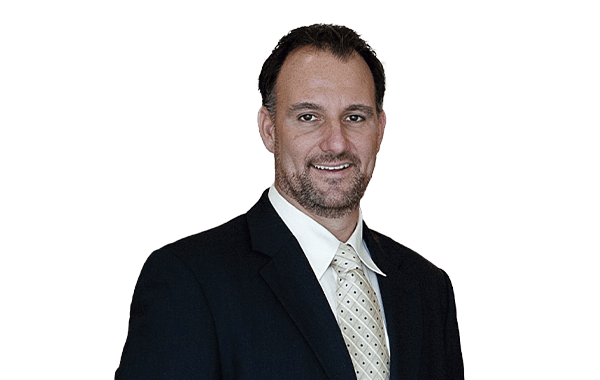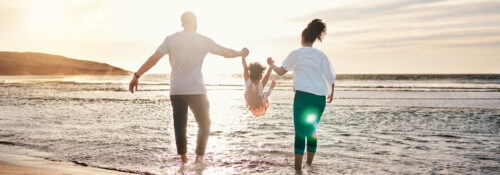
Who Is Liable for an Injury on a Private Beach in Florida?
Florida is known the world over for its beautiful beaches and sunny weather, but what happens if you are injured while enjoying some of these exciting venues? While going to the beach is synonymous with relaxation, there is still ample opportunity for injury. When that happens, especially on a private beach, determining fault for your injuries is key to your ability to receive fair compensation.
After suffering an injury, especially on private beach property, you need compassionate, skilled legal representation on your side. At The Law Offices of Scott Sobol, attorney Scott Sobol and his staff will make sure that your interests are protected and you receive fair compensation for your injuries.
How Do Beach Injuries Occur?
Like any outdoor activity, a day at the beach can carry with it the potential for injury. This potential is heightened by the fact that, in many instances, alcohol is involved. Moreover, there are several different ways in which an injury at the beach can occur, including:
- Injuries from surfing, jet skiing, parasailing, boating, wakeboarding, or any other water activity where individuals fail to act in a safe manner
- Drowning or water injuries from cloudy water
- Injuries that occur due to a lack of hazard signs, blocked-off areas, and other warnings
- Injuries from lack of fences or gates close to dangerous areas
- Injuries that occur because of the lack of using lifeguards to help you back to shore or save you by diving in the water
- Allergic reactions, diseases, illnesses, or skin problems from boating accidents or toxic chemicals in the water
- Slip-and-fall accidents from improperly maintained common areas or parking lots.
As with any injury, retaining skilled legal representation as soon as possible is your best chance at making sure you receive full compensation for your damages. Our firm is skilled at not only helping you through your injury, but determining who is at fault for the accident that caused your injuries.
Who Is Liable for a Private Beach Injury?
Determining who exactly is at fault for your injury on a private beach isn’t easy. Florida recognizes two types of private property: residential and commercial. A private beach could fall under either one of these categories, but in general, a private beach will be considered a commercial property. No matter how it’s classified, the owner of the property is expected to maintain safe conditions for visitors.
While private beach owners are bound by law to a high standard of care for any visitors on their premises, the law also distinguishes between the types of visitors that could potentially be injured on private property, which would factor into the owner’s responsibility in certain situations.
Types of Property Visitors in Florida
Florida recognizes three types of property visitors:
- Invitees
- Licensees
- Trespassers
Each category of property visitors has different levels of protection under Florida law. Invitees have the highest level of protection, since they were invited by the property owner. Licensees are individuals, such as maintenance workers, who have been provided access to the property for work, typically. Trespassers have the least protection, and under normal conditions would have no right to sue for damages if they are injured on a private beach.
Private Property Being Used for Public Recreation
In general, Florida state law holds that private property owners who allow the public to use their land for recreational purposes, then their liability for any accident is limited, as long as the owner didn’t charge you for the access to their property. This is actually codified in Florida state law, and is known as the Recreational Use Statute.
Proving Negligence in a Florida Private Beach Injury Claim
Even though the private beach owner is generally protected from liability under the law, if you can show negligence on their part that led to your injuries, you can hold them liable for your injuries. You will need to show the following:
- The beach owner’s negligent actions caused hazardous conditions that led to the accident and injuries.
- The owner was aware or should have been aware of the hazardous conditions and failed to take the necessary steps to correct the conditions.
- The accident and injury were both foreseeable on the part of the owner and was a significant factor in causing you harm.
In the case of an injury on a private beach at a residence, you may be able to file a premises liability claim against the homeowner. Our team can determine the best claim that is specific to your situation.
An Experienced Florida Personal Injury Lawyer Will Fight For You
Nobody should suffer an injury because of someone else’s negligence, especially at a private beach. The Law Offices of Scott Sobol takes much pride in fighting for clients’ rights to recover medical bills, lost wages, diminished earning ability, pain and suffering, emotional anguish, and other damages in personal injury claims. We have represented thousands of clients throughout Florida and Broward County, and we won’t rest until you receive the compensation you deserve.
Schedule a free consultation with our office today by completing our contact form or calling (954) 440-2000.
Recent Posts
Visiting Florida should be a time of relaxation and fun, but accidents can happen unexpectedly. Tourists involved in personal injury ...
Accidents happen in an instant, but the impact can last for months or even years. After suffering an injury due to someone else’s ...
After suffering an injury due to someone else’s negligence, finding exceptional legal representation can make all the differen ...





